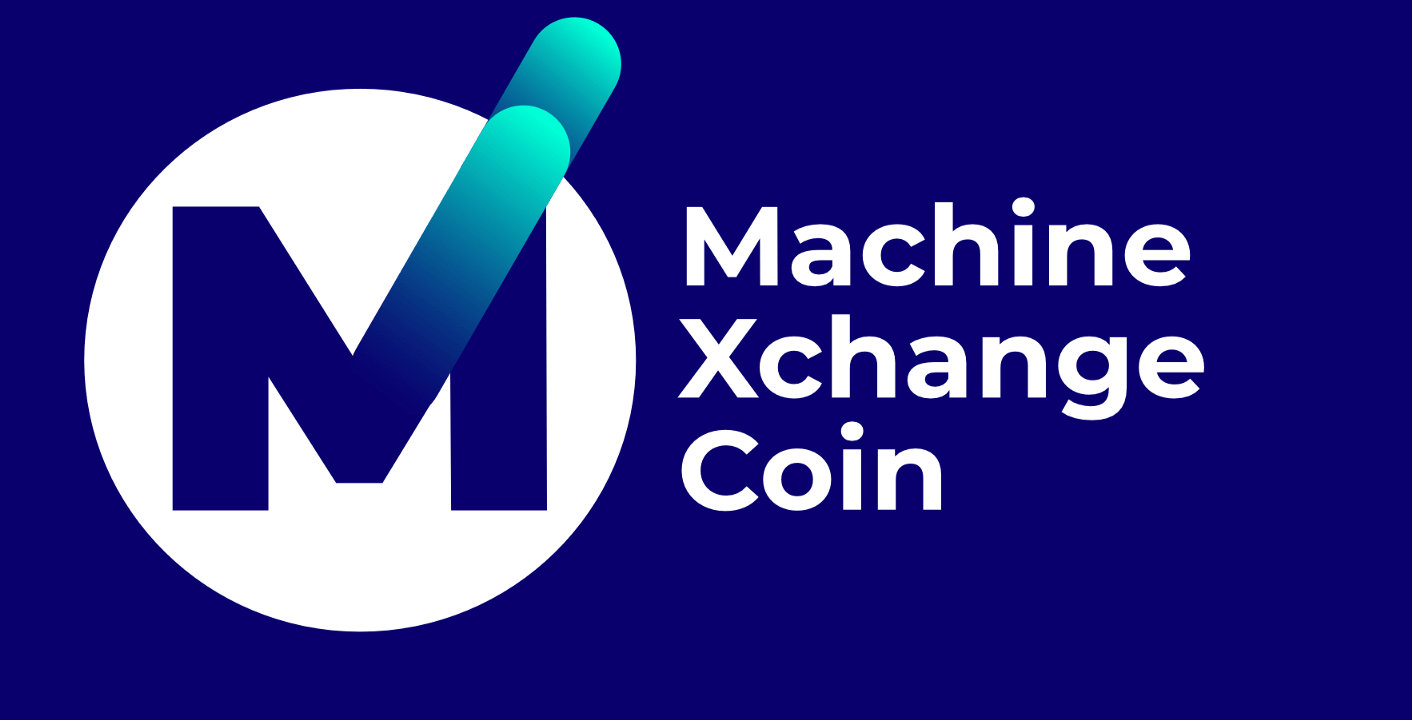Argentina’s Central Bank to Ban Local Institutions From Providing Crypto Services
The Central Bank of the Argentine Republic (BCRA) prohibited domestic financial institutions from facilitating crypto opportunities. The announcement comes a few days after two of the largest local banks – Banco Galicia and Brubank – revealed they will allow clients to purchase digital assets via their official websites.
Argentina’s Central Bank Blocks the Crypto Offerings
Earlier this week, the largest private bank in Argentina in terms of market value – Banco Galicia – and the digital bank – Brubank – partnered with crypto wallet Lirium to provide cryptocurrency services to customers. Both parties outlined the high demand users have displayed for digital assets as reasoning, especially from the younger generations.
Nonetheless, Argentina’s central bank stated that domestic monetary institutions are banned from offering such opportunities as the BCRA has still not imposed regulations on the industry.
“The measure ordered by the Board of Directors of the BCRA seeks to mitigate the risks associated with operations with these assets that could be generated for users of financial services and the financial system as a whole.”
Like many other central banks, the BCRA outlined some of the most talked-about potential risks surrounding digital assets. The institution opined that bitcoin and altcoins are highly volatile, and they could be used in money-laundering and terrorist financing.
While most crypto assets experience considerable price fluctuations, one could argue whether they can be easily employed in criminal operations. For one, bitcoin’s blockchain is entirely transparent as transactions are recorded on the digital ledger and are visible to all participants.
On the other hand, cash could be untraceable and is still widely used in drug deals, weapon financing, prostitution, etc.
Argentina is a Good Location for Crypto
Despite the central bank’s harsh stance, the digital asset sector has been thriving in Argentina for a while now. The country, which has had an unstable economy in the last years, was additionally hit by the COVID-19 pandemic. By the end of 2020, the financial crisis was booming to a point where many locals preferred to dive into the crypto market rather than keep their devaluating fiat currencies.
Back then, the Latin American team at Binance estimated that the number of new users in Argentina tripled in 12 months.
Moreover, cheap electricity, Argentina’s vast territory, and appropriate climate bolstered the local bitcoin mining sector.
Noticing the trends, several cryptocurrency exchanges inked partnerships with the domestic sports sector. Last November, Bybit partnered with the Argentine Football Association (AFA) to become the Global Main Sponsor of Argentina’s national soccer team. Shortly after, Binance did the same.
Featured Image Courtesy of FT









